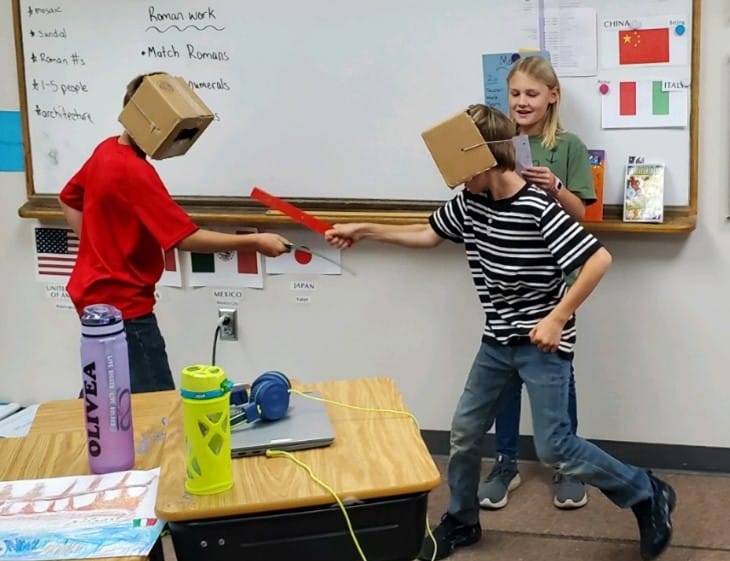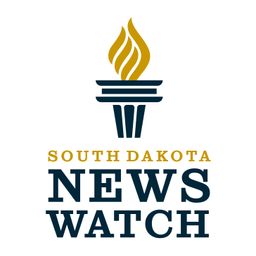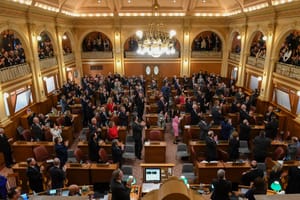A few years ago, during the height of the COVID-19 pandemic, Heather Hunsaker of Hot Springs, S.D., sought a new educational path for her daughter after learning that the 5-year-old would be required to wear a mask all day at a public school.
In response, Hunsaker and her husband homeschooled their daughter but later sent the girl and her younger sister to classes at Bethesda Lutheran School and Early Learning Center, a private Christian school and day care in Hot Springs.
The flexibility to decide where and how their children will be taught is a principle that has become fundamental to the thinking of the Hunsakers and an increasing number of parents who, both before and after the pandemic, have turned to homeschooling or other educational options outside the traditional public school system.
And it’s one critical reason Hunsaker supports legislative attempts in South Dakota to enact a voucher program that would allow parents to move their children, and the money the state uses to educate them, and shift them to a private school like Bethesda.

“I believe the voucher system would give parents more freedom of choice of where to educate their children,” Hunsaker told News Watch in an interview. “One of the biggest hurdles parents have in bringing their children to a private school is the cost.”
According to a recent poll conducted by News Watch and the Chiesman Center for Democracy at the University of South Dakota, nearly half of registered South Dakota voters support creation of a school voucher program in the state.
South Dakota is not one of the 16 states that offer school vouchers. A legislative measure to enact a voucher system failed by a wide margin in its first committee stop in 2023.
As of Jan. 10, a voucher bill had not yet been filed for the 2024 legislative session, which just began, though some backers do expect some form of legislation will be filed this session.
The poll showed that 48.8% of respondents support development of a voucher system, while 45.6% do not, with 5.6% undecided. Support for vouchers in the poll was highest among Republican respondents, at 64.5%, but was lower among Independent/No Party Affiliation voters, 41.4% support, and lowest among Democrats, 24.6% support.
Mason-Dixon Polling & Strategy conducted the cellphone and landline poll of 500 random registered South Dakota voters Nov. 27-29, 2023. Respondents were representative of all South Dakota counties, ages, gender and political parties. The margin of error is plus or minus 4.5%.
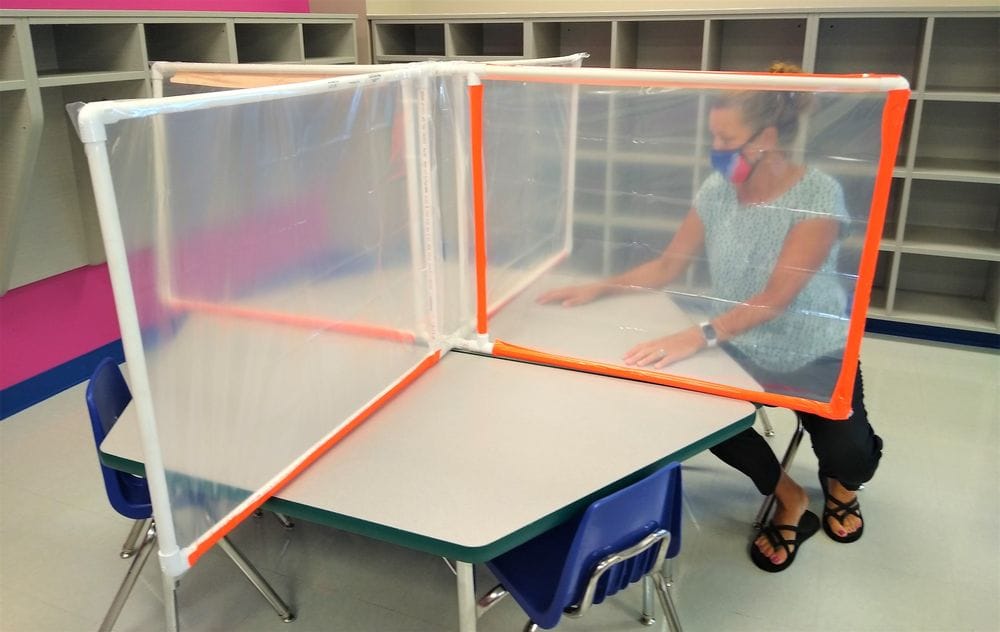
Hunsaker, who is now the part-time principal at Bethesda Lutheran, said she hopes the state will open the door to greater school choice options for parents, including vouchers, that will provide families more flexibility in how and what students are taught. Bethesda, she said, has an afternoon daycare for pre-K students, a low teacher-to-student ratio and solid academic achievement scores.
"It was important to us that if we couldn’t home school them, that they could get a good Christian education," Hunsaker said of her two daughters. "Our girls love it here and we wouldn’t have them go anywhere else."
How school vouchers would work
In general, school vouchers allow parents to use the per-student government funding typically provided to public schools to instead pay for tuition at a private school of their choosing.
On a basic level, opponents said the program hurts public education by shifting significant dollars away from schools that are required to provide education to any student who enrolls. The per-student funding forms the foundation of school budgets that pay for teachers, administrators, materials and buildings to house them.
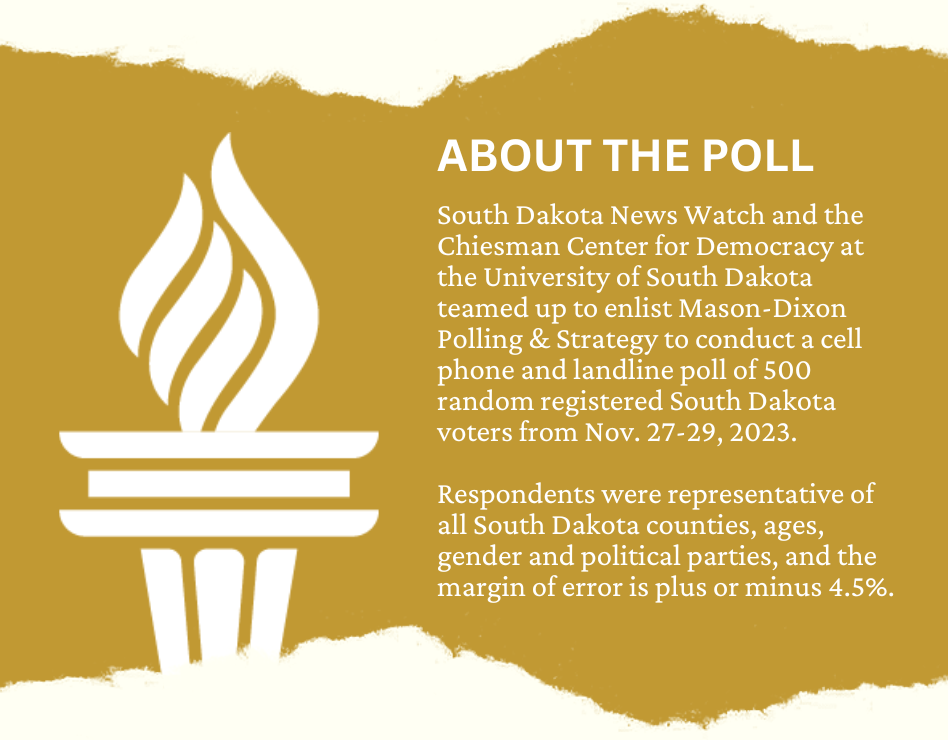
Conversely, proponents frequently argue that parents should have the right to determine where their tax dollars for education are spent, including at private schools if they decide that is the best path for their children to learn and succeed, and especially if the child has struggled in the traditional public school environment.
While there’s no way to know how many South Dakota families would request a school voucher, documents from the South Dakota Legislative Research Council estimate the fiscal impact on public schools could be significant.
In estimates related to the 2023 voucher proposal, which featured a three-year phase-in, the voucher program would attract about 3,300 primary school students in the first year, with a total price tag of $12.9 million. As the vouchers expanded to middle schoolers in year two and and finally to high school students in year three, the LRC estimated that about 9,650 students in total would request vouchers and cost about $45.1 million annually.
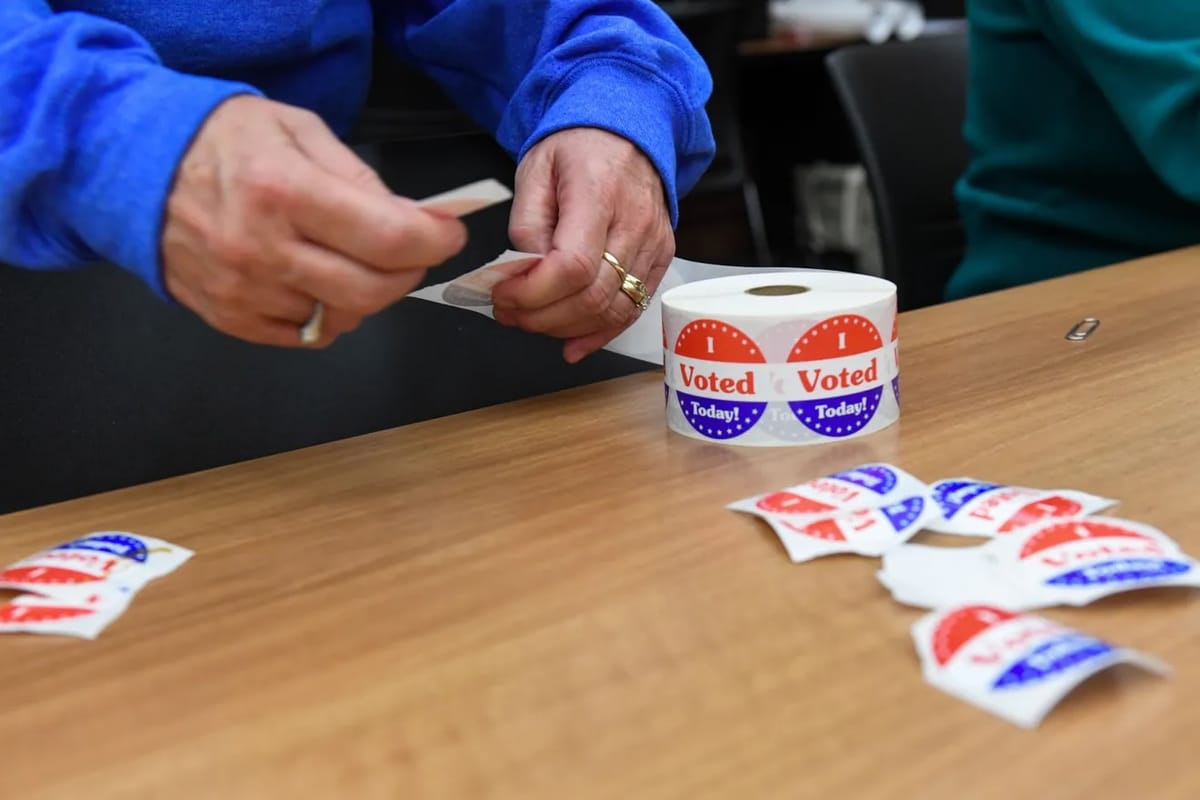
The 2023 legislation would have allowed parents to request vouchers that would include both the state and county funding for each student but only if parents sent those children to accredited nonpublic schools. The measure failed 11-4 last year in the House Education Committee.
Vouchers are considered part of a larger educational movement known as “school choice,” an umbrella category of educational methods that generally allow parents to choose where and how to educate their children, whether in traditional schools, private schools, charter schools or at home.
State has limited school choice options
South Dakota has relatively liberal laws when it comes to allowing parents to choose homeschooling or private schools, though at their own expense.
The state Legislature has failed on several attempts in recent years to enact legislation enabling charter schools, which are privately run schools that are typically managed by local school boards and supported with public money.
Recent failed attempts to allow for a handful of pilot charter schools in South Dakota have largely been driven by Native American leaders who want to incorporate more Lakota language and culture into schools as a way to improve outcomes for Native students who have long struggled in the public school system.
Vouchers are one way in which states can make it easier and far more affordable for parents to choose options outside the public school system.
The nonprofit group Americans for Prosperity is a proponent of vouchers and has testified in favor of a voucher program in the past, according to Don Haggar, a former state lawmaker who is director of the South Dakota chapter of the national organization.
On Jan. 8, the group released its priorities for the upcoming legislative session and included a strong focus on school choice policies, such as vouchers, that “allow parents to freely pursue the education that fits their child’s unique needs, regardless of ZIP Code or family income.”
Haggar said his group, which he categorized as “center-right” on the political spectrum, believes that while public schools may work for a large percentage of children, parents should have the ability to adjust how and where their children are taught to seek the best possible outcomes.
About 90% of South Dakota children attend public schools, with roughly 138,000 in public schools and 14,000 in private schools.
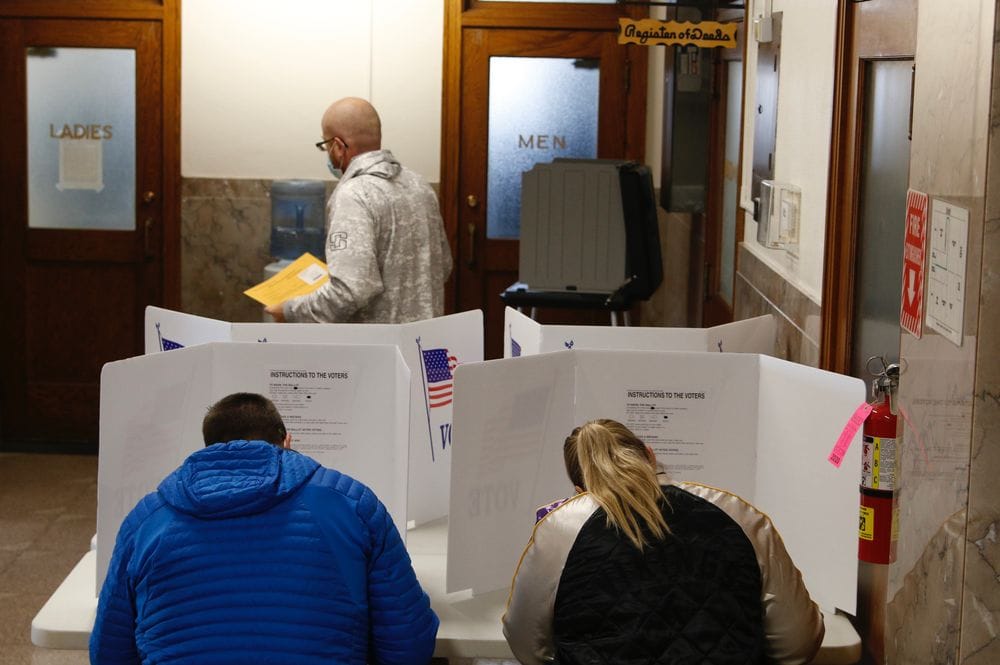
“At the heart of it, what we’re really interested in is recognizing that every child has unique needs and they ought to have the opportunity to pursue the kind of education to achieve their fullest potential,” Haggar said. “And sometimes that’s not where they are right now in the education system.”
The state is already home to the South Dakota Partners in Education, a nonprofit group that runs a privately funded scholarship program giving tax-credit scholarships to some families that want their children to attend one of 48 private schools across the state.
In the 2022-23 school year, the program provided 1,500 scholarships averaging about $2,000. Hunsaker said Bethesda Lutheran School, a K-5 school and day care that participates in the partners program, has six families that have received a scholarship to help pay for tuition.
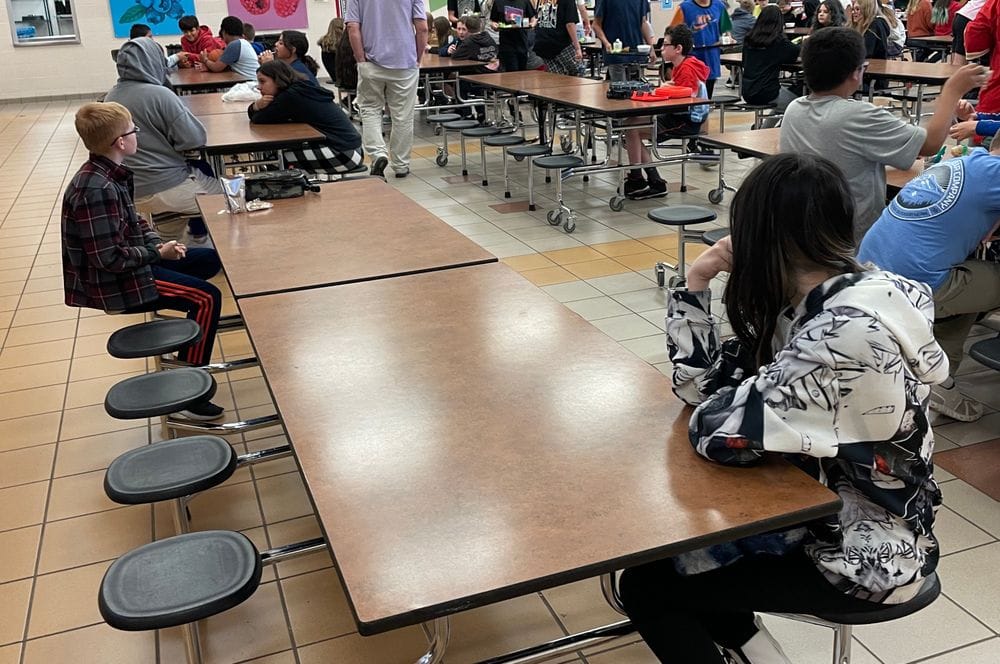
School vouchers provide options for parents
While some parents may have the time, financial means and abilities to homeschool their children or send them to private schools, many do not, Haggar said.
A voucher system or other choice programs that provide tax incentives or other financial educational assistance to parents simply provide parents with the opportunity to make the best possible decision for their child’s education, he said. That is especially true for parents whose children are not succeeding or thriving in traditional public schools or those who want a religious component baked into the teaching, Haggar said.
“Some parents have a child with unique needs and they don’t have the income to send their kids to the private schools that are around or to homeschool,” he said. “For some, they just need another option.”
Haggar, a former Republican lawmaker from Sioux Falls, S.D., said the education lobby and the Legislature have been slow to enact reforms that are showing success in other states at a time when student test scores in the state have lagged or even stagnated in recent years.
“Our state is a great place to live. But if there was a single area of public policy where we’re just way behind, it’s education,” he said. “All we hear candidly is the same old stuff. ... 'Well, we’d be a lot better if we were paying our teachers more.' But I think we have really good teachers and we’re not talking about the right things.”
Haggar said he expects some form of voucher legislation will be proposed in the 2024 legislative session but likely will not have the votes to pass.
“We should talk about how do we help kids thrive as opposed to how do we pay teachers more because I think we miss the central point when we focus on those sorts of things,” he said. “With vouchers, the (public) schools don’t lose as many kids as they think they would. And the kids who leave are the ones that really need it. So the question is, who do you care more about, the school district financial statement or the child?”
Opposition to school vouchers strong in South Dakota
But vouchers also draw strong opposition, including by many organizations and groups that support public schools.
During the 2023 legislative debate over vouchers, the measure was opposed by the South Dakota United School Association, the South Dakota Education Association, the Sioux Falls School District, the state Bureau of Finance and Management and the Associated School Boards of South Dakota.
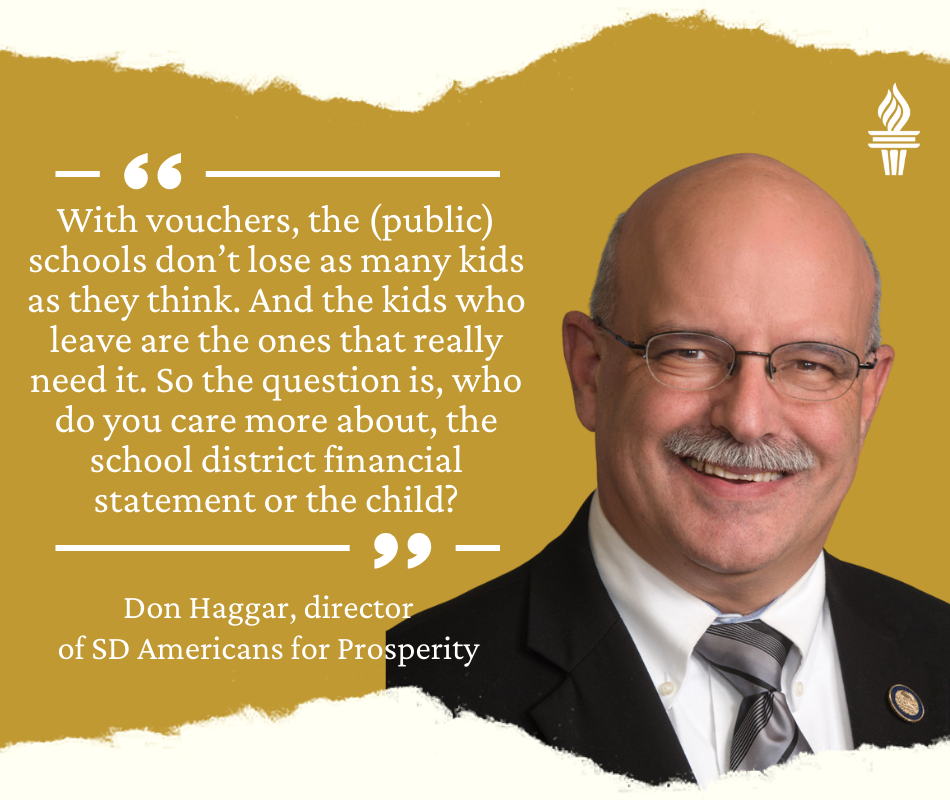
Doug Wermedal, executive director of the associated school boards group, told News Watch that the organization opposes vouchers because they siphon state funds away from public schools and do not lead to improved outcomes for students due to a lack of academic and financial transparency among private schools that receive voucher payments.
"How can a state wring its hands about teacher pay and then at the same time turn those taxpayer dollars over to private schools?" he asked. "Is the (financial) pie really that big?"
Wermedal pointed out that unlike public schools, private schools are not required to perform student testing and publish results that reveal how children are performing.
"That’s one of our standing positions, that we oppose any diversion of public taxpayer funds that is to private entities where there’s no accountability or reporting," he said.
Wermedal said there are numerous instances of fraud in which vouchers are used to fund schools that misspend money or ultimately fail after receiving significant public dollars.
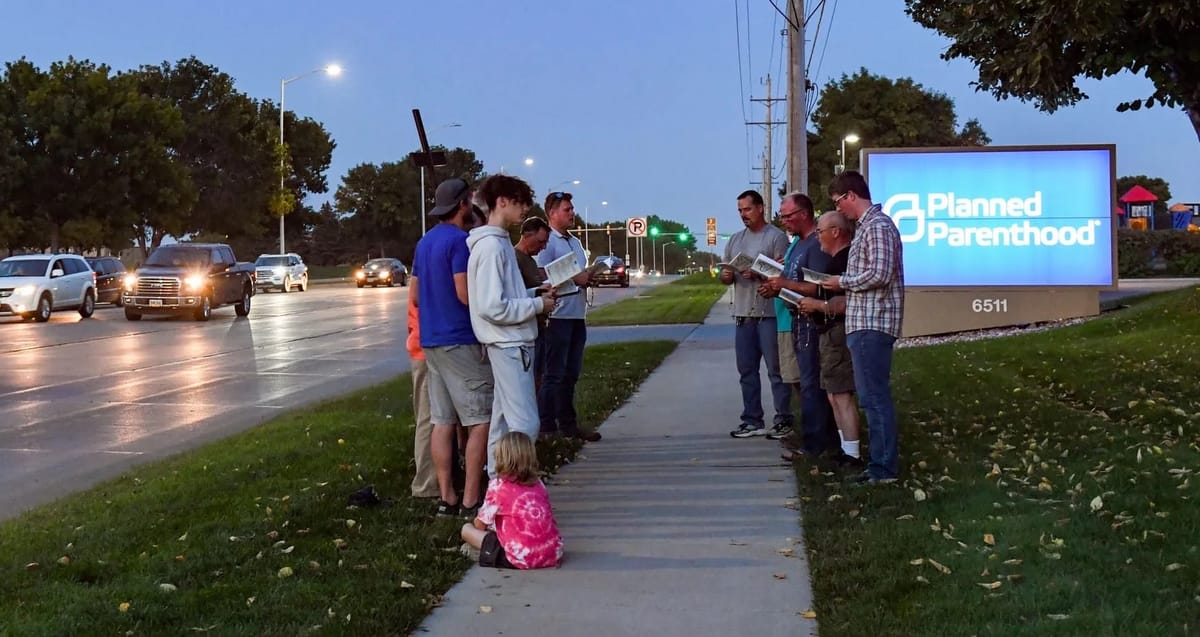
Furthermore, there is little evidence that vouchers raise student performance either in private schools or for the public school system, and that in fact the opposite is true, he said.
Wermedal added that many proponents of vouchers belittle the efficacy of the public school system, which doesn't hold up in South Dakota where average ACT scores are well above the national average, 21.1 compared to 19.5 nationally. Graduation rates rose in the past year and attendance has risen among economically disadvantaged students and English learners, he said.
Research raises doubts on school voucher impacts
While the educational outcomes surrounding implementation of vouchers remains an open question, recent studies have indicated that voucher systems are not a clear path to improved educational outcomes.
The Brookings Institution reviewed independent studies in four states in 2017. “The four different studies use four different designs but arrive at the same result: on average, students that use vouchers to attend private schools do less well on tests than similar students that do not attend private schools,” it concluded.
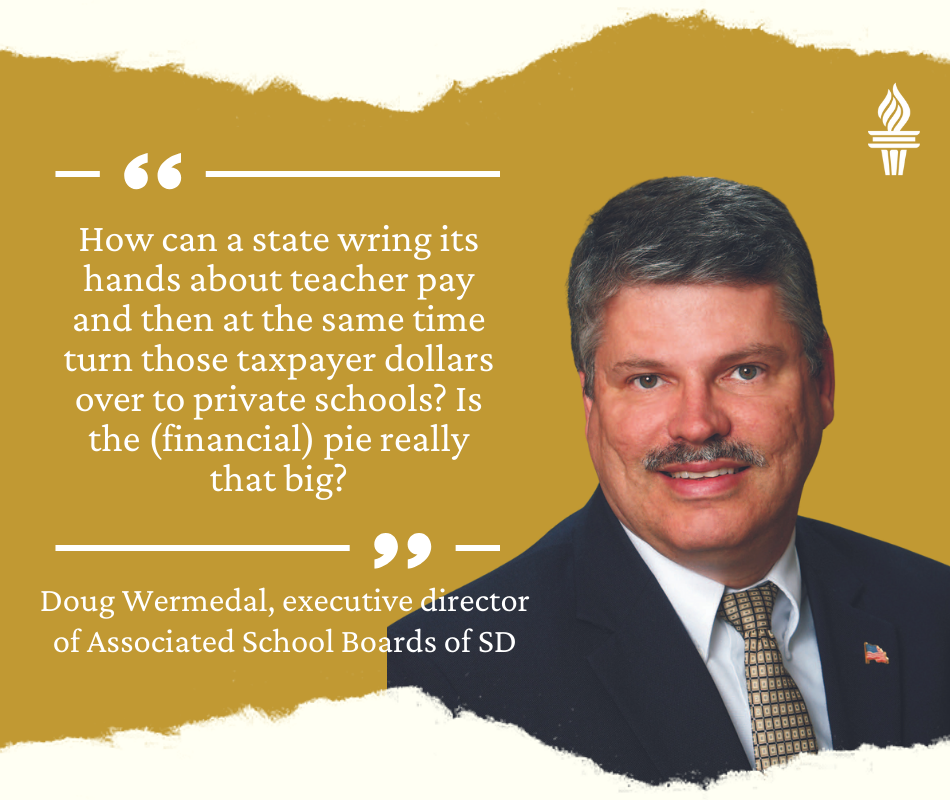
The National Education Association, the labor union representing U.S. public school employees, has long opposed vouchers and published an analysis in 2021 arguing that the bulk of research on voucher programs reveals questionable results for students and negative outcomes for public schools, which continue to educate the majority of American children.
The NEA argues that shifting funding away from public education reduces the ability of schools to buy musical or science equipment, update textbooks or develop new after-school programming.
“No matter how you look at it, vouchers undermine strong public education and student opportunity,” the group wrote in 2021. “Moreover, there is zero statistical significance that voucher programs improve overall student success, and some programs have even shown to have a negative effect for students receiving a voucher.”
Vouchers remain a hot topic
At least one state that dove headlong into school choice programming is pulling back on vouchers or trying to limit their use.
In early January, Democratic Gov. Katie Hobbs of Arizona said she wants to add greater accountability to the state’s school voucher program, one of the most aggressive in the nation, due to its estimated $900 million a year cost.
But school choice programs continue to expand.

Haggar said that last year he helped Arkansas Republican Gov. Sarah Huckabee Sanders pass the so-called Learns Act, which allows parents in that state to open educational savings accounts that are fueled with state education dollars. Parents can then use the public funds for private school tuition or other educational purposes. It was the third school choice program put in place in Arkansas.
Wermedal said his group will oppose any voucher legislation that might arise in the 2024 South Dakota legislative session.
"There is no impoverishment of South Dakota public education that is not eventually an impoverishment of South Dakota, and that’s why we're against vouchers," he said.

